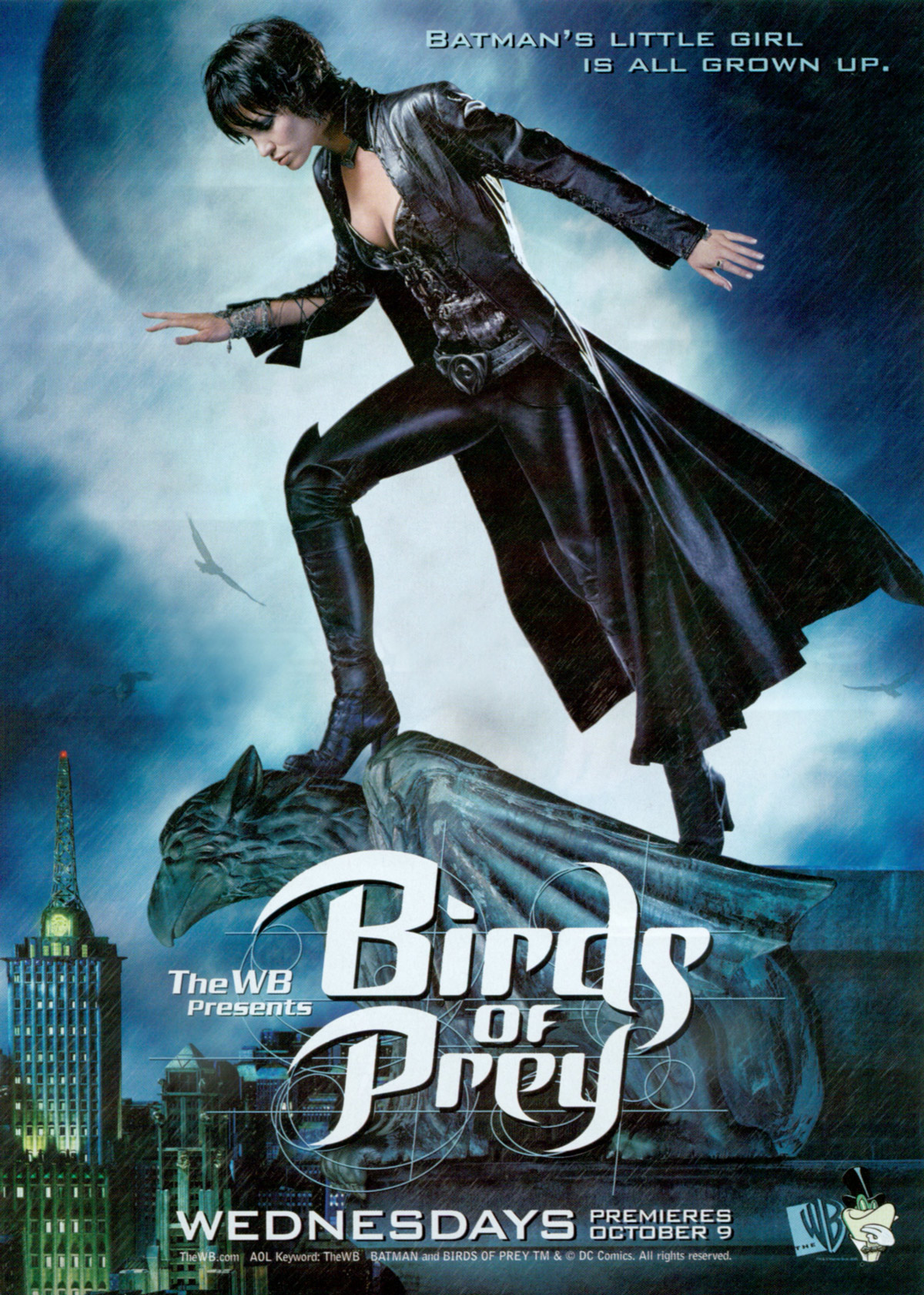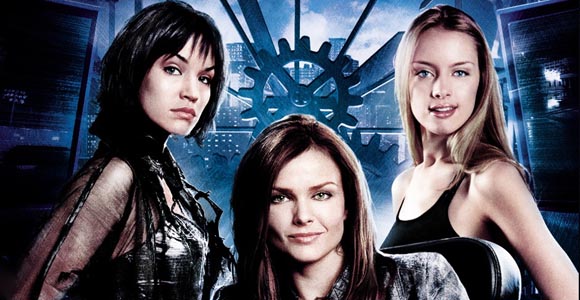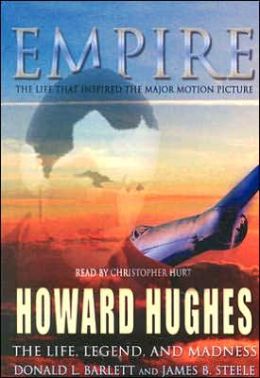I don't think I can get enough of the history of quantum mechanics.
I think the move from classical to quantum mechanics is a great example of paradigm shift, and the proper (and improper) use of the scientific method.
Classical mechanics has formally existed as an explanatory system since Newton in the 17th century, and was only substantially replaced in the early 20th century when Einstein developed relativity theory which showed the classic mechanics wasn't complete and that movement and time distorted measurements (e.g. elongation or shrinkage of measuring units as speeds approach light; the constancy of the speed of light, changes to mass produced by movement...).
Einstein was also an early proponent of quantum mechanics, as he revolutionized the theories of light to accommodate the dual wave-particle reality.
However, as the details of quantum mechanics began to be explored, there was a fundamental change that Einstein couldn't wrap his head around - it appeared (and still appears) that there are limits to measurement, and that there are basically properties that cannot be simultaneously measured (e.g. the position and direction of elementary particles). The best explanations of actual matter seemed to involve probabilistic methods, not classical ones.
What this means, is that one can understand the likelihood of things happening at a quantum level, but can't actually predict any particular one. For example, you can accurately determine the 1/2 life of a radioactive element (e.g. uranium), which is the time it takes for 1/2 of the element to transmute into the non-radioactive form. However, it is impossible (in fact as well as theory) to determine when any particular atom will decay.
Einstein showed a proper respect for the scientific method. He allowed that quantum mechanics was accurately predicting the future state, but maintained, until his literal deathbed, that there will be an overriding unified theory which will remove the "probabilistic" elements, and replace with a deterministic understanding of what is happening. He had intense trouble with the idea that all reality was actually based upon "unknowables" and probabilities.
Einstein dealt with his discomfort exactly how "science" expects one to - by creating experimental designs that will, if executed, force the distinction between probabilities and determinism, or at least illustrate problems with the present level of explanation.
Bohr (and the newer quantum theorists) accepted the probabilistic nature of the universe as a "given" and eventually tired of Einstein (and his cohort) questioning the new model. I understand the Bohrian wish that nay-sayers go away, but I think it is not to his credit that he basically labelled Einstein as outdated, as opposed to maintaining objectivity.
In short,what I like is the clarity with which our understanding of reality changed in such a short order - from Newtonian physics to Einsteinian Relativity to Bohrian Quantum Mechanics, and the reactions to all the players (except the long deceased Newton, of course). I think the reaction of the main players to the changing field of play reveals lots about the application of the scientific method - how to probe the limits of new theories, how to test and illustrate proofs etc.
A few cautions were also on display - quantum mechanists tended to accept an mathematical proof offered by Von Neumann, as evidence that there could not be any intervening "hidden" variables introduced into quantum mechanics to re-introduce classical causality. However, years later, this proof was found to be incorrect, even though a more complete proof seems to support the same conclusion.
It may be my bias showing, but I think Einstein comes out as the purest supported of the pure scientific method - he acknowledged the accuracy and predictive power of the very theory he was purporting to improve/replace. Bohr et al. seem to suffer from a bit of selection bias - accepting too readily theories supporting their view and creating a bit of a cult of "believers" and "non-believers", which is dangerous as it greatly narrows the skeptical mind required for science.






